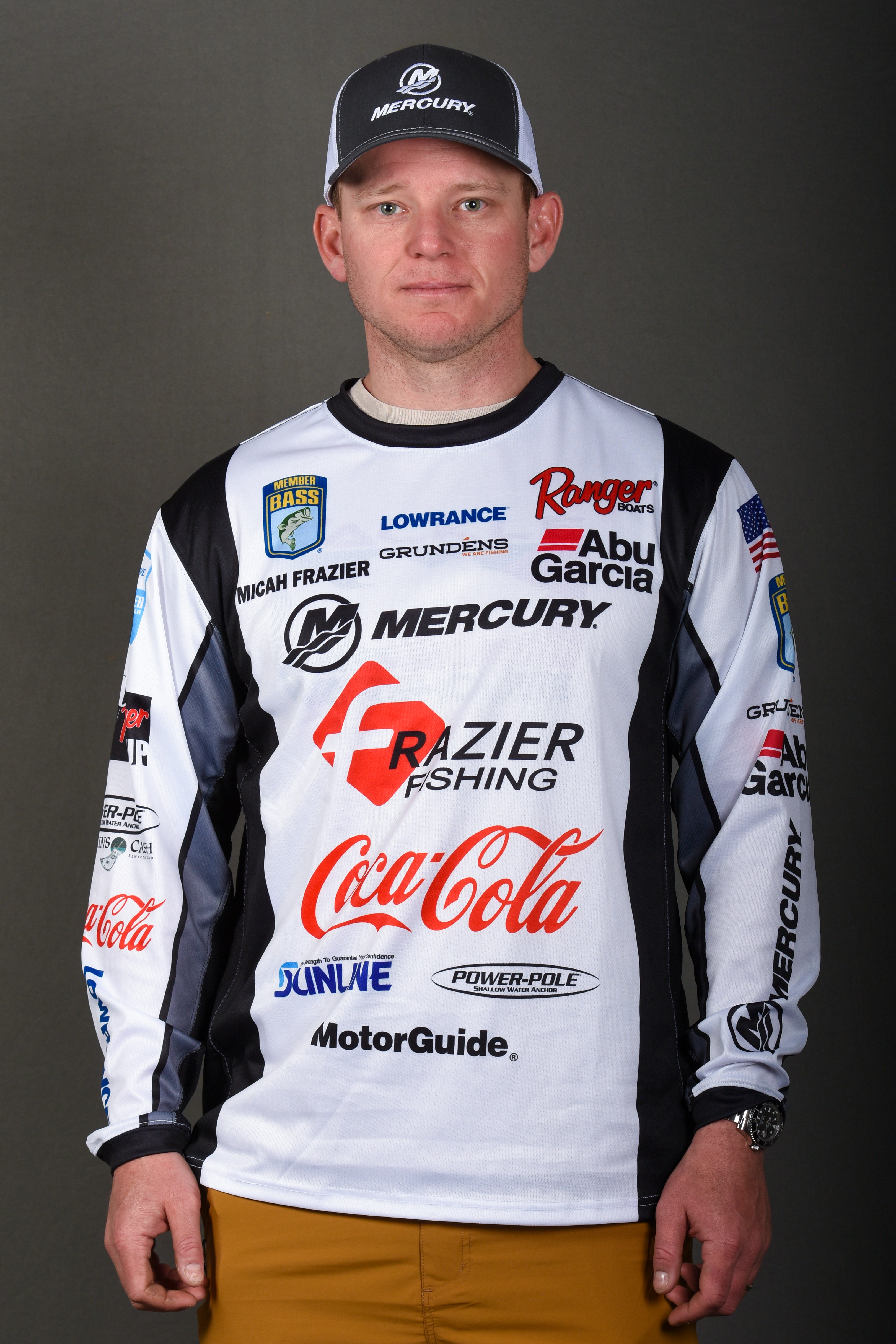
You’d think that most fishermen ask me about techniques or baits or upcoming tournaments. But when I sat down and thought about it, I realized that the most common question I get is this: How can I get started in tournament fishing and make it as a pro fisherman?
I got a pretty early start in the sport — I won my first boat when I was 16 — and maybe that’s why I get the question so often. But it’s the no. 1 most-asked question I get, so it’s obviously an important one. So I thought I’d take a bit of time and pass along the same advice I always give. I’ve broken down that advice into a few different topics.
Go slow
My first and most important advice is to take baby steps. Think about the B.A.S.S. infrastructure for example, which I feel is the best. Each of the stages is there for you — high school, college, Nation, Opens, Elites. You just have to put your time in at each level, and get very good at that level, before you move on to the next one.
And don’t skip levels. There are tons of ways to learn to tournament fish at the local level without any need for travel.
Find mentors
My second most important piece of advice is to find and fish with as many different people as you can. There are local fishermen everywhere who are just as good as we are — they just don’t have the means or desire to try to fish for a living. Spend a day with each of them, or more, and start to learn the tricks of the trade.
I didn’t fish with a lot of people growing up, so it took longer for me to learn than it took some of my other buddies. And looking back, I regret not fishing with as many people as I could.
When you fish with people, offer them gas money, offer to bring some food, and never be late. It’s so important that you’re never late, and that you keep your word.
Getting your first boat
You definitely don’t need a boat to start tournament fishing, but eventually you will need one. And I advise anyone buying a boat to view it as an investment, and for a first boat, consider buying used. Yes, a new boat comes with a warranty and maybe more bells and whistles, but you will be paying the depreciation on the boat. If you buy a used boat, someone’s already paid the depreciation. You don’t want to be upside-down in a loan, so you want to do what makes sense for you.
Something you definitely should think about is getting an aluminum boat, like the Ranger RT. These boats are awesome — you could fish the Elite Series in one. They ride very similar to fiberglass, but are generally much more affordable.
My mentality when financing a boat is that I always look at what I’m spending now, versus what the boat will cost in two or three or four years — however long I plan to keep it. It’s the same as buying a car. Don’t focus on the monthly payments — focus on overall cost and value — and try to make what you spend now become equity in your pocket three years later.
Reasonable rod investments
When you’re starting out, it’s always great if you can get in with a rod company and get a discount through them. But a lot of times it’s hard to break through right away. There’s really no need to spend a lot of money on a rod anymore because every company has a really good rod for about $100. They’re really not too different than the higher-end stuff anymore.
I’d rather own twice as many rods at a lower price point, than half as many rods at a higher price point.
Back basics
Lastly, when you’re starting out, you’re probably going to be fishing from the back of the boat for a very long time. If your goal is to be a professional fisherman, your goal should not be to become the best co-angler in the world. Your goal should be to learn from the guy in front.
Be courteous and don’t cast ahead of your pro, or get between him and his fish. The best co-anglers do their own thing back there to catch fish a different way. But those who want to move up spend the most effort learning from the person in front.





